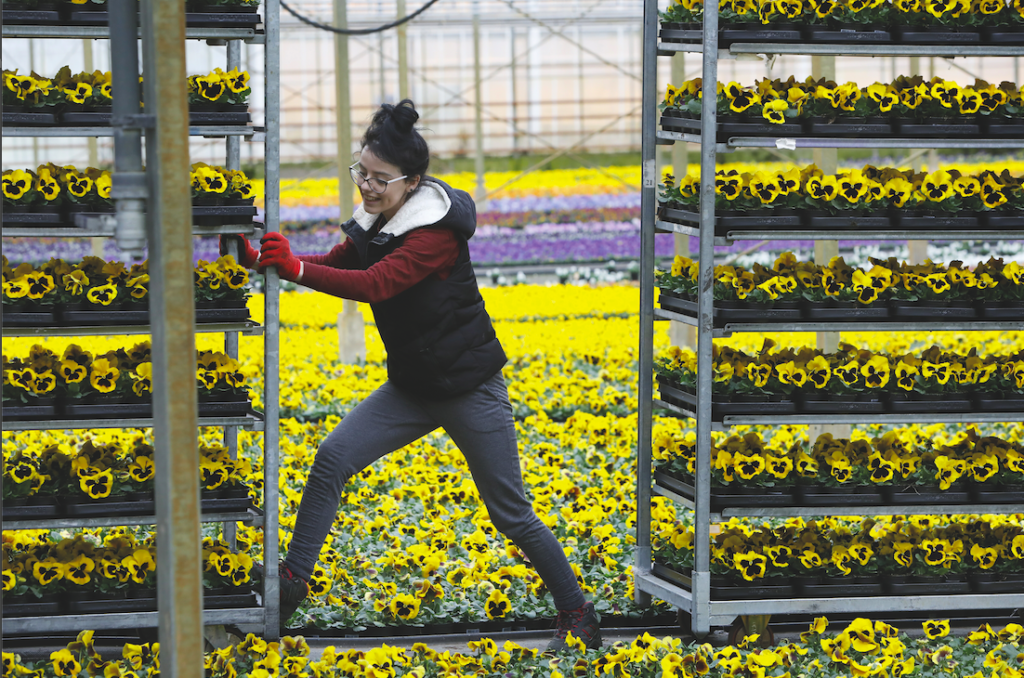The German floriculture industry is characterised by the cultivation of pot and bedding plants. Not that surprising perhaps, as German gas and electricity prices are relatively high. And from 2021, growers will be facing a further challenge. The introduction of a carbon price on natural gas, heating oil and coal from 2023 will put further pressure on their profits, as well as their international competitive position.
The German floriculture industry has its own, unique structure. It consists of around 3,700 companies that focus entirely on floricultural products plus more than 5,000 companies where the cultivation of flowers or pot plants is one of several other activities.

“The total acreage of the German floriculture sector amounts to almost 6,000 hectares. That means that the average company size is about 1,8 ha”, says Gabriele Harring of the German Bundesverband Zierpflanzen (BVZ). “The sector includes almost 1,000 hectares of greenhouse cultivation, the rest is open field.”
Pot and bedding plants are the leaders within the German floriculture sector; cut-flower nurseries are rare. “Apart from a few gerbera, rose and chrysanthemum companies, there are some tulip growers and other specialties. But generally speaking, the number of cut-flower producers has dramatically declined in recent years. What’s still quite popular though, are cut flowers grown outdoors, the so-called Freilandblumen.” (..)
Click here to read the full article in the new Floribusiness magazine.
Click here for a free subscription to Floribusiness magazine.






